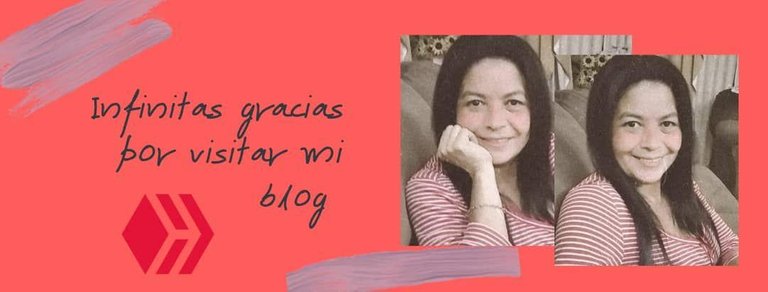30 días blogging Challenge 4ta. Parte. Día # 30. Mini diccionario de palabras usadas en mi país. -- 30 days blogging Challenge Part 4. Day # 30. Mini dictionary of words used in my country.
Bienvenidos.
¿Cómo están hoy? Espero estén excelente en esta ocasión culmino mi participación este interesante y divertido blogging Challenge correspondiente al día # 30 que se refiere:
Welcome.How are you today? I hope you are excellent, on this occasion I culminate my participation in this interesting and fun blogging Challenge corresponding to day # 30 that refers:
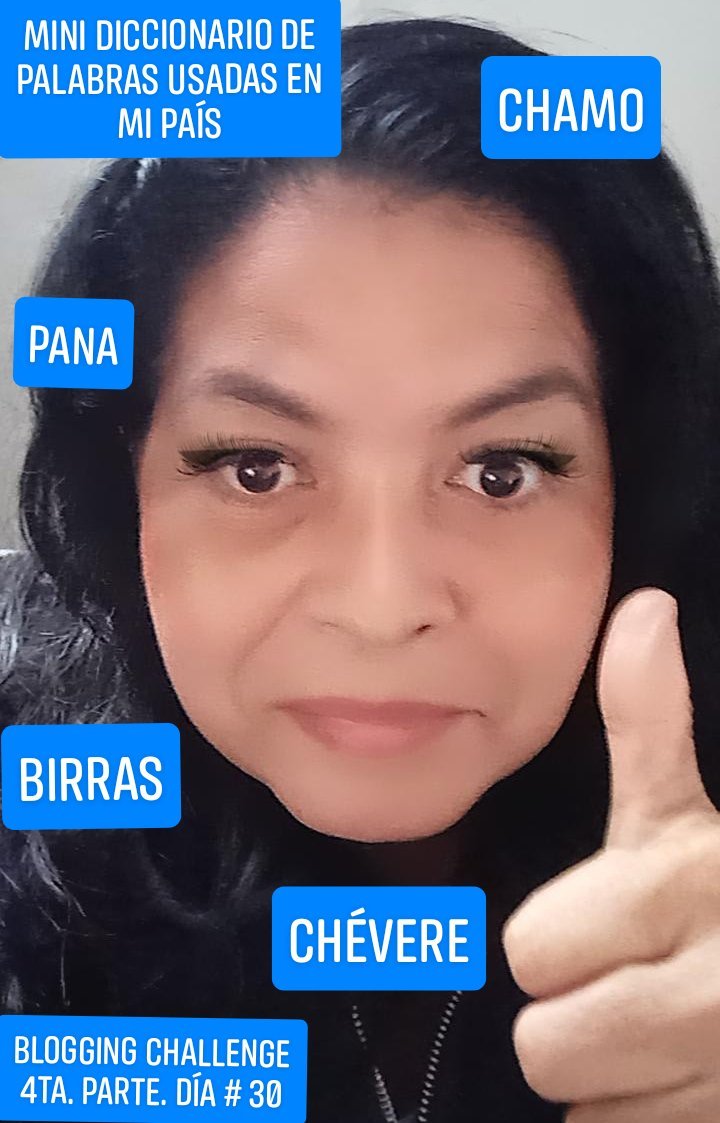
Mini diccionario de palabras usadas
en mi país.
Mini dictionary of words used in my country.
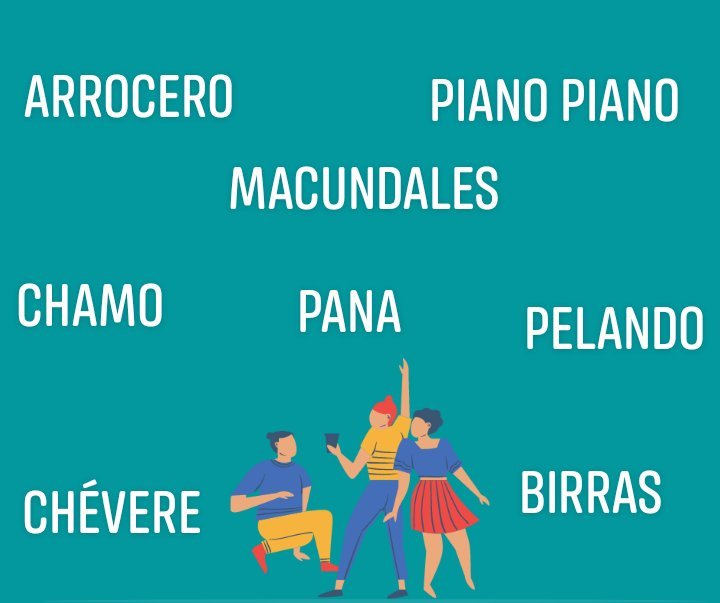
Aquí trataré de hacerles un mini diccionario con palabras utilizadas en lo cotidiano del Venezolano, ya que que pertenezco al país Venezuela, sin embargo es importante destacar que en otros países latinos; quizás algunas palabras que escribiré aquí tienen otro significado en diversos países.
Here I will try to make a mini dictionary with words used in the daily life of Venezuelans, since I belong to the country Venezuela, however it is important to note that in other Latin countries; perhaps some words that I will write here have another meaning in different countries.
Chévere.
La palabra chévere es utilizada con frecuencia porque significa Bien. Ejemplo: Estoy chévere = Estoy bien.
Chamo.
Es cuando nos referimos a alquien de corta edad; jovial. Ejemplo:
Te ves chamo = Te ves joven.
También se utiliza cuando no sabemos él nombre de alguien.
¡Eh chamo ven aca!.
Arrocero.
Persona no invitada a una fiesta o reunión; no está invitada pero de igual forma se aparece en dicha fiesta o reunión. Ejemplo: Este siempre de arrocero = Este siempre viene sin invitación.
Pana.
Es un amigo, gran amigo. Un pana es aquel amigo que no te falla, que confías en él ciegamente. Ejemplo: Él es pana = Él es buen amigo.
Piano piano.
Significa hacer las cosas paso a paso, sin prisa, tomar las cosas con calma. Ejemplo: Vete piano a piano = Vete sin apuros.
Macundales.
Significa objetos que son de tu pertenencia. Ejemplo: Recoge tus macundales y te vas = Recoge tus pertenencias y te vas.
Chévere. The word chévere is often used because it means Good. Example: Estoy chévere = I'm fine.Chamo.
It is when we refer to someone of young age; jovial. Example:
Te ves chamo = You look young.
It is also used when we don't know someone's name.
Hey, chamo, come here!Arrocero.
A person not invited to a party or meeting; not invited but still shows up at the party or meeting. Example: Este siempre de arrocero = This one always comes without an invitation.Pana.
It is a friend, a great friend. A pana is a friend who does not let you down, who you trust blindly. Example: Él es pana = He is a good friend.Piano piano.
It means to do things step by step, without hurry, to take things calmly. Example: Vete piano a piano = Go piano by piano = Go without haste.Macundales.
Means objects that belong to you. Example: Recoge tus macundales y te vas = Pick up your macundales and go = Pick up your belongings and go.
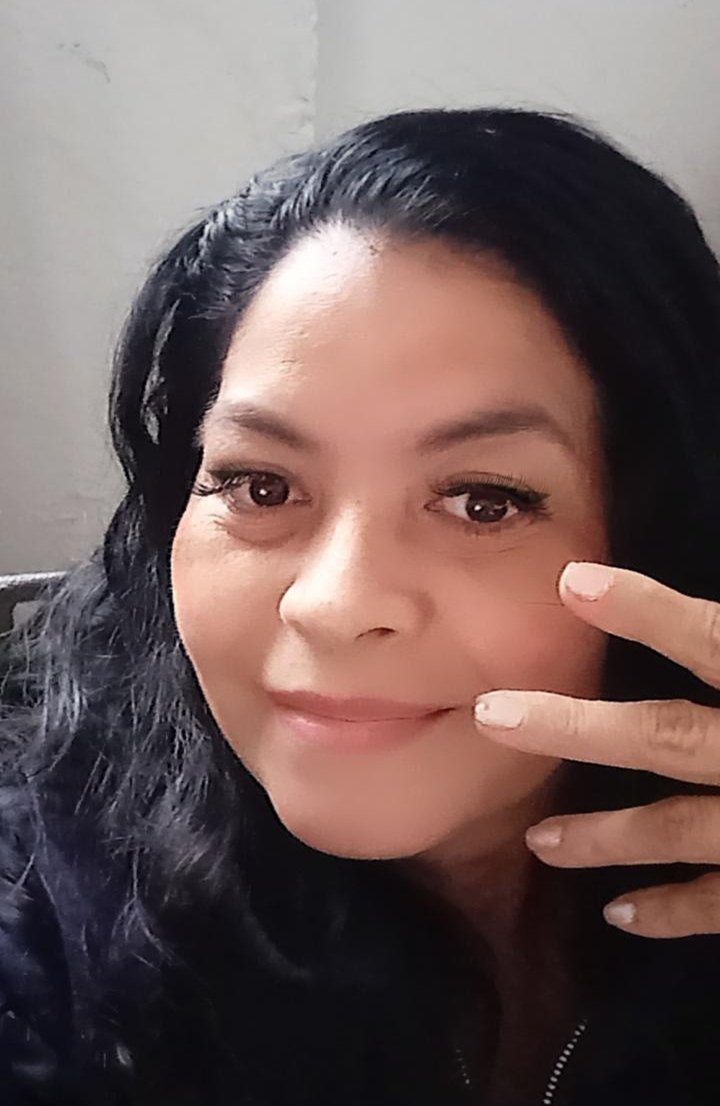
Coño.
Coño es coño, jajaja. Se utiliza para muchas oraciones que decimos cotidianamente. Casi siempre se utiliza en modo de asombro. Ejemplo: ¡Coño que bien!, ¡Coño tan rápido!.
Arrecho.
Significa estar muy enojado,bravo,molesto. Ejemplo: ¿Estás arrecho conmigo? = ¿Estás enojado conmigo?. También en forma afirmativa Ejemplo: Ya me tienes arrecha = Ya me tienes molesta.
Pelando.
Esta palabra se refiere a la situación financiera del individuo, es decir cuando no tiene dinero ni en su cartera, ni en ninguna entidad bancaria. Ejemplo: Te invitaría a tomarnos un café, pero estoy pelando = Te invitaría a tomar café pero estoy sin dinero. Esta palabra también es combinada con otras palabras. Ejemplo: coño, arrecho.¡Coño estoy pelando!. ¡Qué arrecho estás pelando!
Tacaño.
Es esa persona que cuida sus finanzas al extremo y es incapaz de invitar para él o ella sea el caso, pague la cuenta. Ejemplo: ¡Tú si eres tacaño no brindas ni un refresco!.
Birras.
Es el nombre que se le da a las cervezas. Ejemplo: Cervezas = Birras.
Cacho.
Se refiere a la infidelidad de parejas, de alguna de las partes, mujer o hombre. Ejemplo: Te montaron cacho = Te fueron infiel.
Coño. Coño is coño, jajaja. It is used for many sentences that we say every day. It is almost always used in the mode of astonishment. Example: Coño que bien, Coño tan rápido.Arrecho.
It means to be very angry, angry, annoyed. Example: ¿Estás arrecho conmigo = Are you angry with me? Also in the affirmative form Example: Ya me tienes arrecha = You've already got me upset.Pelando.
This word refers to the financial situation of the individual, that is, when he/she has no money in his/her wallet or in any bank. Example: Te invitaría a tomarnos un café, pero estoy pelando = I would invite you for coffee, but I'm broke. This word is also combined with other words. Example: coño, arrecho = I'm peeling, what a snatch you're peeling!Tacaño.
It is that person who takes care of his or her finances to the extreme and is incapable of inviting for him or her to pay the bill. Example: If you're stingy, you won't even drink a soda.Birras.
It is the name given to beers. Example: Cervezas = Birras.Cacho.
It refers to the infidelity of couples, of one of the parties, woman or man. Example: Te montaron cacho = They cheated on you.
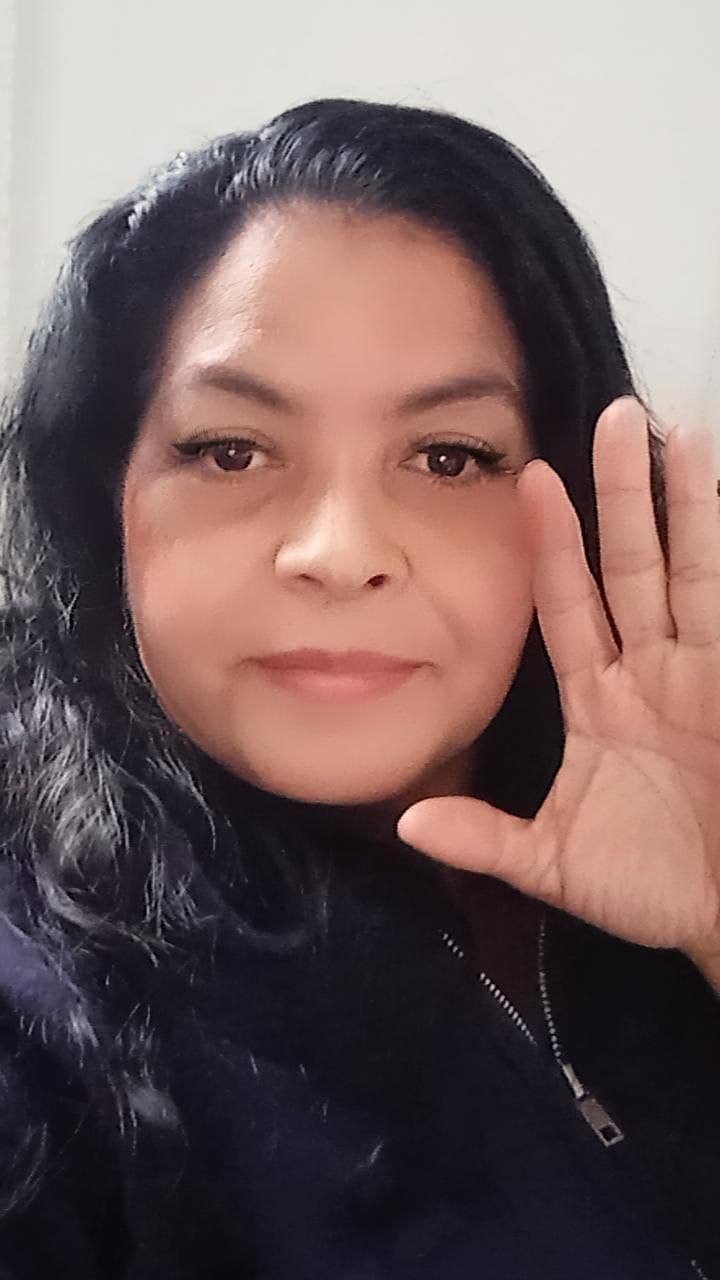
Gentilicio Venezolano.
Somos un pueblo auténtico en nuestras tradiciones y léxico coloquial, nos caracterizamos por ser personas trabajadoras, alegres porque de situaciones difícil que no podemos cambiar sacamos un chiste sobrellevando nuestro día a día. También somos amigables, hacemos amigos con facilidad ya que somos comunicativos y no tenemos pena para hablarle o preguntar a alguien que no conoces, he aquí la capacidad de tener muchos amigos. Somos sociables podemos llegar hacer un gran amigo para toda la vida. Así es mi gente, este es mi país Venezuela.
Venezuelan Gentilicio. We are an authentic people in our traditions and colloquial lexicon, we are characterized for being hard-working people, cheerful because from difficult situations that we can not change we get a joke to get through our day to day. We are also friendly, we make friends easily because we are communicative and we are not ashamed to talk or ask someone you do not know, this is the ability to have many friends. We are sociable and we can make a great friend for life. This is my people, this is my country Venezuela.
De está manera he llegado al final de este post, espero sea de su agrado. Gracias por leerme.
This is how I have reached the end of this post, I hope you like it. Thank you for reading it.
